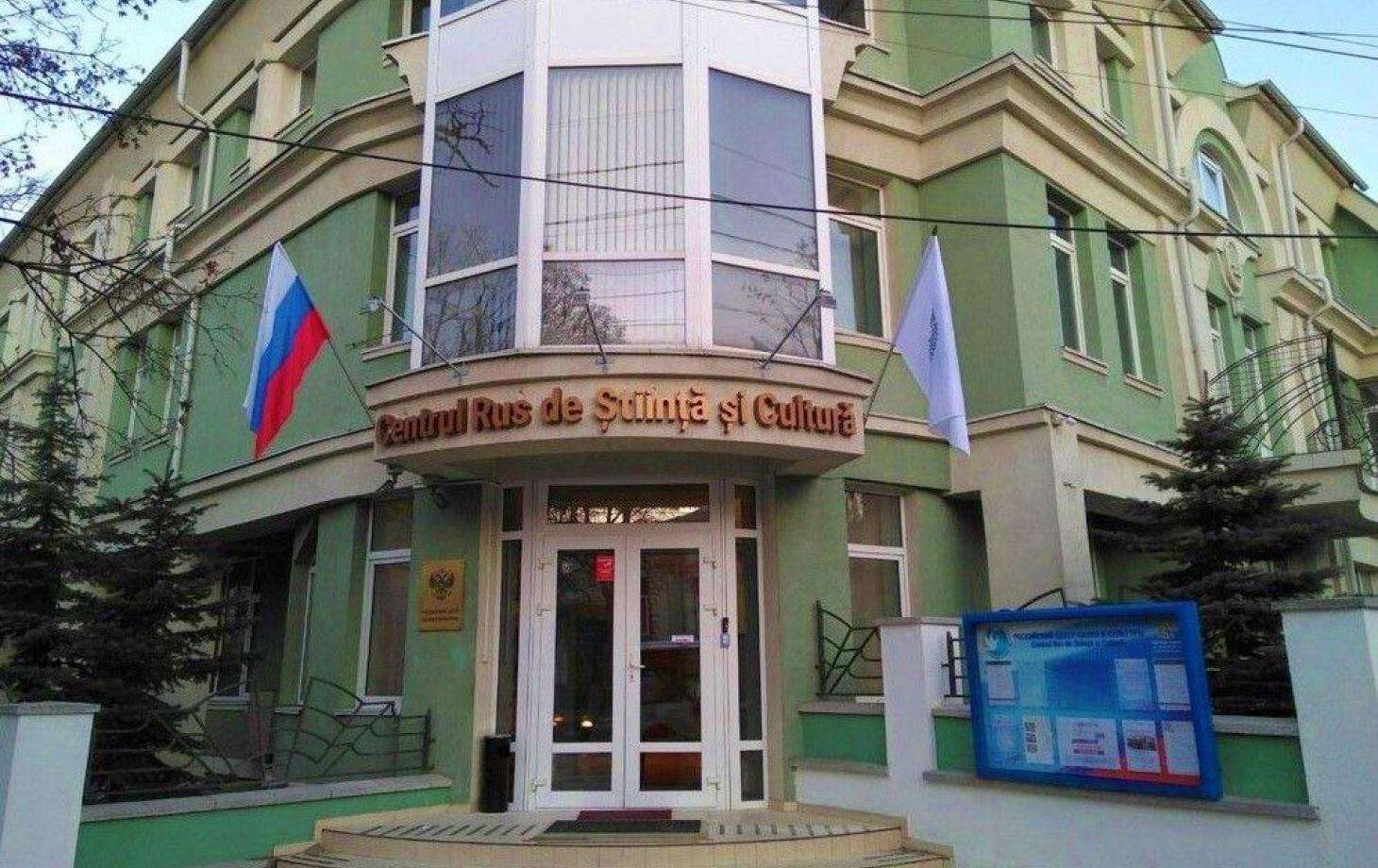Moldova is terminating an agreement with Russia regarding the establishment and operation of cultural centers and is initiating the process of closing the Russian Cultural Center in Chișinău, known as the "Russian House."
This was reported by Nokta.md.
The decision was supported by the Parliamentary Committee on Foreign Policy and European Integration.
The agreement was signed in 1998 and was automatically renewed every five years. It provided for the development of cultural ties and the exchange of information on the politics, economy, science, and education of Moldova and Russia. However, Moldova's Ministry of Culture, which initiated the termination, believes that in the current geopolitical context, the agreement may be used by Russia to spread disinformation and promote distorted narratives. The ministry also noted that Moldova does not have a cultural center of its own in Russia, meaning there is no reciprocal mechanism to promote Moldovan culture and information, which undermines the balance and original intent of the agreement.
The matter will now be brought before Parliament for consideration.
To avoid automatically renewing the agreement in 2026, Chișinău must notify Moscow at least six months in advance.
Back on February 13, Moldova’s Ministry of Foreign Affairs announced it was preparing measures to close the "Russian House" in Chișinău. This decision was a response to the fall of Russian attack drones in southern Moldova — specifically in Gagauzia and the Taraclia district. Foreign Minister Mihail Popșoi stated that the timing of the closure would depend on "how quickly the bill is submitted to the government, then to Parliament," after which an official notification to the Russian side would be required. As a result, the center is expected to continue operating for "a few more months."
Russian Foreign Ministry spokesperson Maria Zakharova said Moscow "had not received any notice of termination of the agreement" and called the decision by Moldovan authorities an "anti-Russian move." In response, Popșoi rejected this criticism, stressing that Moldova’s government "has nothing against the Russian language and culture," and that the closure is related to the center’s subversive activities against the country's sovereignty.





















